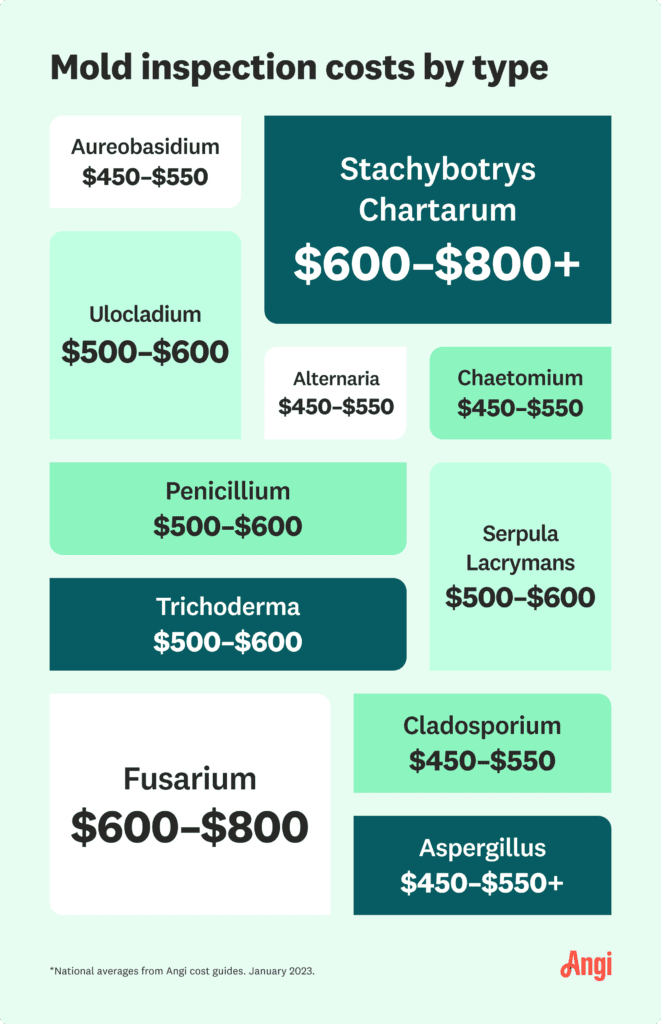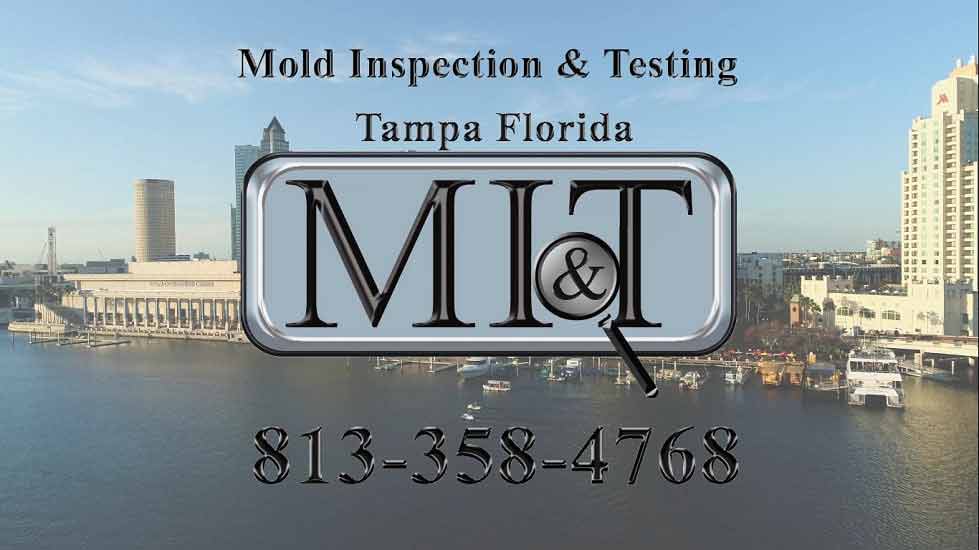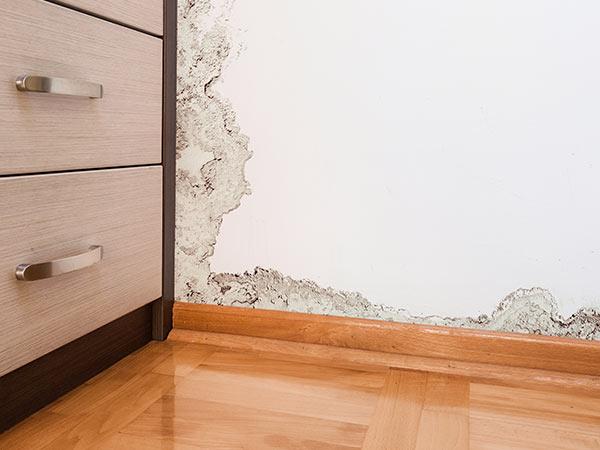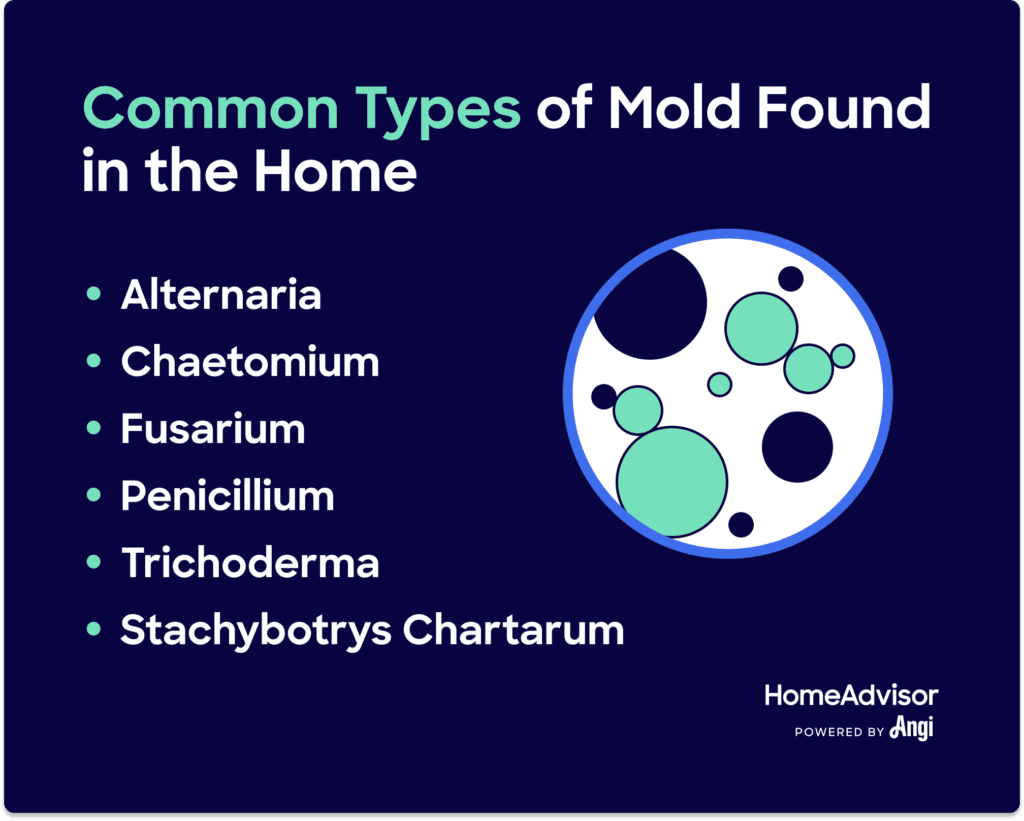If you’re living in Tampa and suspect the presence of mold in your home, you may be wondering whether you should take matters into your own hands and conduct a DIY mold inspection. While it may be tempting to save some money and do it yourself, hiring a professional for a mold inspection can provide you with valuable expertise and peace of mind. In this article, we’ll explore the benefits of hiring a professional mold inspector in Tampa and why it may be the best choice for ensuring the health and safety of your home and loved ones.
Understanding the Importance of Mold Inspection
Mold inspection is an essential process for homeowners, as it helps identify and address potential mold problems in your property. Mold can cause serious health issues for you and your family, as well as significant damage to your home. Conducting regular mold inspections can prevent these problems from occurring or minimize the damage if mold is already present.
Considering DIY Mold Inspection
Benefits of DIY Mold Inspection
Performing a DIY mold inspection can have several advantages. Firstly, it allows you to save money by not hiring a professional. You can invest that money in addressing any mold issues that are discovered during the inspection. Secondly, it gives you the freedom to inspect your property at your convenience, without having to schedule an appointment with a professional. Lastly, DIY mold inspection can provide you with a better understanding of your home’s environment and potential mold risks.
Limitations of DIY Mold Inspection
While DIY mold inspection has its benefits, it is important to be aware of its limitations. DIY inspections may not be as thorough or accurate as professional inspections. Mold can hide in hard-to-reach places, and an untrained eye may miss the signs of mold growth. Additionally, DIY methods may not have the same level of expertise and tools as professional inspections, making it harder to accurately assess the extent of the mold problem. It is crucial to understand these limitations to make an informed decision about whether to conduct a DIY inspection or hire a professional.
Necessary Precautions for DIY Mold Inspection
If you decide to proceed with a DIY mold inspection, there are some necessary precautions you should take to ensure your safety. First and foremost, wear appropriate protective gear, including gloves, goggles, and a mask, to avoid direct contact with mold spores. Adequate ventilation is also crucial during the inspection process to prevent the spread of mold spores throughout your home. Finally, be aware of any allergies or respiratory conditions that may be aggravated by exposure to mold and take necessary precautions for your health.

When to Consider Hiring a Professional
While DIY mold inspection can be effective in certain situations, there are times when it is best to hire a professional. Here are some scenarios where hiring a professional mold inspector is highly recommended:
Complex Mold Issues
If you suspect the presence of mold in hard-to-reach or hidden areas of your home, it is best to leave the inspection to professionals. They have the expertise and tools necessary to identify and address mold in difficult locations.
Extensive Mold Growth
If you notice large areas of visible mold growth, it is a strong indication of an underlying mold problem. In such cases, professionals can assess the extent of the growth and develop a comprehensive plan to remediate it effectively.
Suspected Hidden Mold
If you smell a musty odor but cannot find the source of the mold, there may be hidden mold within your walls, ceilings, or HVAC system. Professional mold inspectors can use specialized equipment, such as thermal imaging cameras and moisture meters, to locate hidden mold.
Health Concerns
If you or your family members are experiencing persistent allergy symptoms or respiratory issues that may be linked to mold exposure, it is crucial to involve a professional mold inspector. They can assess the situation and provide recommendations for mold remediation to protect your health.
Lack of Knowledge or Experience
If you feel unsure about your ability to effectively identify and assess mold growth, it is best not to take any chances. Mold inspection professionals have the necessary knowledge and experience to accurately determine the presence and extent of mold problems.
Knowing the Costs Involved
Before deciding whether to conduct a DIY mold inspection or hire a professional, it is important to understand the costs associated with both options.
DIY Mold Inspection Costs
If you choose to perform a DIY mold inspection, the costs will primarily involve purchasing the necessary equipment and tools. The price range for these items can vary depending on their quality and the number of tools needed. Additionally, you may need to allocate some funds for any mold remediation efforts required after completing the inspection.
Professional Mold Inspection Costs
Hiring a professional mold inspector will involve paying for their services, which can vary depending on factors such as the size of your property and the complexity of the inspection. It is advisable to obtain quotes from multiple professionals to compare costs and services offered. Remember that the cost of professional mold inspection includes their expertise, specialized tools, and the detailed report they provide.

DIY Mold Inspection Steps
If you opt for a DIY mold inspection, here are the essential steps to follow:
Identifying Visible Mold
Begin by inspecting your property for any visible signs of mold. Look for discoloration, stains, or fuzzy growth on walls, ceilings, floors, and other surfaces. Pay attention to areas that are prone to moisture, such as bathrooms, basements, and kitchens.
Checking for Moisture Sources
Mold needs moisture to thrive, so it is crucial to identify any potential sources of water leaks or excess humidity. Inspect plumbing fixtures, HVAC systems, and areas exposed to moisture regularly. Address any issues promptly to prevent mold growth.
Assessing Mold Growth Extent
Determine the size and extent of the mold growth you find during the inspection. This will help you understand the severity of the problem and determine the appropriate course of action for remediation.
Sampling Methods
Consider using sampling methods to collect mold samples for further analysis. Common sampling methods include air sampling, surface sampling, and bulk sampling. These samples can be sent to a laboratory for mold species identification and analysis.
Interpreting Results
Once you have collected the samples, it is important to interpret the results accurately. Keep in mind that mold species identification is best left to professionals, as it requires specialized knowledge. However, you can determine whether the mold concentration is elevated and poses a potential health risk.
Equipment and Tools Required for DIY Mold Inspection
To conduct a DIY mold inspection, you will need the following equipment and tools:
Protective Gear
Gloves, goggles, and a mask are essential to protect yourself from direct contact with mold spores.
Flashlight
A flashlight will help you inspect dark and hidden areas, such as behind furniture or inside cabinets.
Moisture Meter
A moisture meter will help you identify areas with excessive moisture, which can indicate potential mold growth.
Borescope
A borescope is a useful tool for inspecting hard-to-reach areas, such as wall cavities or air ducts, where mold may hide.
Sampling Kits
Sampling kits typically include collection devices and containers for gathering mold samples. These kits can be purchased online or at hardware stores.
Tape Lift Samplers
Tape lift samplers allow you to collect surface samples by pressing a sticky tape against mold growth and peeling it off to capture spores for testing.
Swab and Bulk Sampling
Swab sampling involves rubbing a sterile swab against a surface with visible mold growth to collect samples. Bulk sampling requires scraping or cutting away a small piece of material containing mold for testing.

Addressing Common DIY Mold Inspection Mistakes
While conducting a DIY mold inspection, it is important to avoid common mistakes that could compromise the accuracy of your inspection and potentially put your health at risk. Here are some common pitfalls to avoid:
Inadequate Personal Protection
Always prioritize your safety by wearing proper protective gear, including gloves, goggles, and a mask. Mold spores can cause allergic reactions and respiratory issues, so it is crucial to minimize direct exposure.
Insufficient Ventilation
Ensure proper ventilation during the inspection process to prevent the spread of mold spores. Open windows and use fans to circulate fresh air, especially in areas with mold growth or high humidity.
Incomplete Inspection
Take your time to thoroughly inspect all areas of your property, including hidden spaces, as mold can grow in hard-to-reach areas. Rushing through the inspection may result in missed mold growth and inaccurate conclusions.
Improper Sampling Techniques
If you decide to collect mold samples, make sure to follow proper sampling techniques. Improper sampling can lead to contaminated samples or inaccurate results. Refer to sampling guides or consult with professionals for guidance.
Misinterpretation of Results
Interpreting the results of your DIY mold inspection requires knowledge and expertise. It is crucial to be cautious when drawing conclusions from the results and seek professional advice if you are unsure about the implications of the findings.
Understanding Professional Mold Inspection
Hiring a professional mold inspection service can provide numerous benefits that surpass the capabilities of a DIY inspection.
Benefits of Hiring a Professional
Professional mold inspectors have the expertise and experience to properly identify and assess mold problems. They can employ advanced techniques to locate hidden mold and accurately determine the extent of the issue. Professionals also have access to specialized tools and equipment that can provide more accurate results compared to DIY methods. Furthermore, professional mold inspection reports provide detailed information and recommendations for mold remediation, ensuring that the problem is addressed effectively.
Qualifications and Certifications
When selecting a professional mold inspector, consider their qualifications and certifications. Look for professionals who have certifications from reputable organizations, such as the National Organization of Remediators and Mold Inspectors (NORMI) or the Indoor Environmental Standards Organization (IESO). These certifications indicate that the inspector has undergone comprehensive training and meets industry standards.
Professional Mold Inspection Process
Professional mold inspections typically involve a thorough examination of your property, including both visible and hidden areas. They will use advanced tools such as moisture meters, thermal imaging cameras, and borescopes to detect areas of moisture and mold growth. The inspector will collect samples for laboratory analysis to determine the type and concentration of mold present. Finally, they will provide you with a detailed inspection report, outlining their findings and recommendations for mold remediation.
Advanced Tools and Techniques
Professional mold inspectors have access to advanced tools and techniques that can enhance the accuracy and effectiveness of mold inspections. These tools include moisture meters, thermal imaging cameras, and air quality testing equipment. With these tools, professionals can identify hidden mold, measure moisture levels, and assess the overall indoor air quality to provide a comprehensive assessment of your property.
Detailed Inspection Report
One of the key advantages of hiring a professional mold inspector is receiving a detailed inspection report. This report provides a comprehensive overview of the inspection findings, including the identified mold species, moisture sources, extent of mold growth, and recommended remediation actions. The detailed report serves as a valuable resource for mold remediation efforts and can be shared with remediation professionals to ensure an effective action plan.

Choosing the Right Mold Inspection Professional
Selecting the right mold inspection professional is crucial to ensure a thorough and accurate assessment of your property. Consider the following factors when making your decision:
Experience and Expertise
Look for mold inspection professionals with extensive experience in the field. Experienced professionals are more likely to have encountered various mold situations and can provide valuable insights and recommendations based on their past work.
Reputation and Reviews
Check online reviews and ask for references to gauge the reputation of potential mold inspection professionals. Positive reviews and recommendations from previous clients can indicate their expertise and dedication to providing high-quality services.
Insurance and Licensing
Ensure that the mold inspection professional is licensed and insured. Licensing demonstrates that they have met specific requirements and regulations, while insurance protects you from any liability in case of accidents or damages during the inspection process.
Sample Testing and Laboratory Analysis
Inquire about the sample testing and laboratory analysis practices of the mold inspection professional. Ensure they use reputable laboratories for accurate mold species identification and concentration analysis.
Cost and Quotes
Consider the cost of professional mold inspections and obtain quotes from multiple professionals. Compare the costs and services offered by different inspectors to make an informed decision that aligns with your budget and requirements.
Conclusion
Whether you choose to conduct a DIY mold inspection or hire a professional, understanding the importance of mold inspections and taking necessary precautions is crucial for maintaining a healthy and mold-free home. DIY inspections can be cost-effective and provide valuable insights into your property’s mold risks, but they have limitations. Professional mold inspections offer expertise, advanced tools, and detailed reports to accurately identify and address mold issues. Ultimately, the right choice depends on the complexity of the mold problem, your knowledge and experience, and your budget. Prioritize your health and the well-being of your property by taking proactive measures to prevent and address mold growth.
